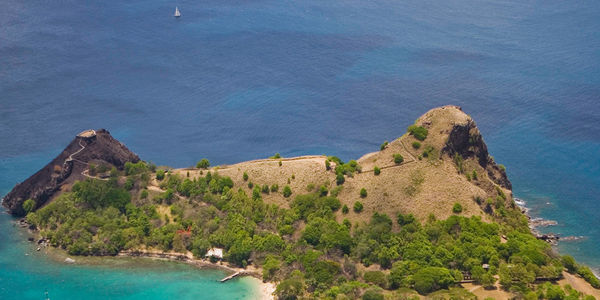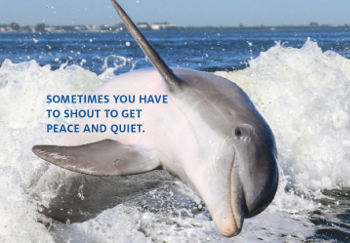We aim to develop strategies that are beneficial to both communities, wildlife and the environment
Top Stories

ECCEA's policy is founded on the need to ensure the conservation and survival of a region and its people. Through its regional programmes ECCEA addresses the need to develop long term partnerships between communities and their environment so that both may survive in harmony. The Coalition's programme for Community Based Initiatives for Nature and Heritage Tourism, Environmental Education and the Conservation of Island Ecosytems in the East Caribbean stems from a linkage between sustainable development of sites and conservation of the environment by the villagers themselves. A planning process, tailored to the specific needs of local populations, through discussions, training and technical assistance. Pilot projects such as these are co-funded by the European Commission, supported by both public and private sectors, UNEP's Caribbean Environment Programme, UNESCO and international institutions. ECCEA seeks to broaden understanding between governments and civil society.
Local volunteer action is responsible for the success of ECCEA projects and serves as a model for communities in the developing world where weak conservation policies provoke the loss of marine and terrestrial biodiversity.
If the Caribbean still retains a wealth of natural beauty, community project director's have a common mandate based on improving the health of their local economy through sustainable development, conservation, management and rehabilitation of sites and protected areas. Youth and adult education, inventories of each zones natural resources and a broad array of parallel activities are designed to support nature and heritage tourism, with an accent on tradition, cultures and observing creatures in the wild. The villagers ultimately become nature's concerned stewards aware of environmental problems such as over fishing, uncontrolled development of coastal areas, coral bleaching, global warming, sea temperature rise, natural disasters, the uncertainty of farming and the numerous threats to their every day livelihoods.


